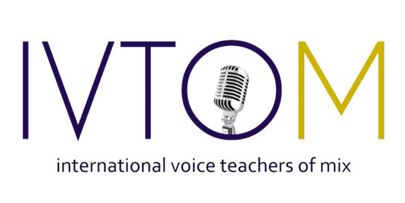Finding Your Own Voice
Weekly Teaching Tip – August 22, 2011
(This week’s teaching tip comes from Dr. Hubert Noe, Vienna, Austria)
As we study voice we are in a “self-finding” process. In this self-finding process we must first try to find our own voice. We must not stick too early to the sound of a particular singer or style or be a copy of something or somebody.
Allow me a classic example. I personally would have liked to be a Wagnerian and Verdian tenor. But first I must find my own voice. Then I can decide what is dramatic or aggressive in my case: Mozart or Wagner. In modern pop or other styles I can adjust a song to my current vocal abilities. The classical singer does not have this opportunity. But there is something not even modern singers are allowed: bend his voice in favor of a piece of music before he ever found his voice really.
40 years ago I had to start with the old Italian songs from the Baroque, which I hated, while I liked to sing Verdi and Wagner, with whom I ruined my voice in my spare time. Also I sang with the records of the most famous singers of my time being Caruso one day, Mario del Monaco the next day and Fritz Wunderlich the day after that: horrible mistake!!!
If I am a little patient with this technique I will find my own voice in a few months. After this self-finding process my voice will be flexible enough to do a lot of incredible things. Still there is no voice in the world which can do everything. Eventually, I decided that I wanted to become a doctor and help other people rather than to become a Mozart or Lieder singer.
So, first, singers must find their own voice and get everything in balance. Once this is accomplished the singer can then work on style and different “sounds” to see what they are capable of. This can be frustrating, but in the end will be well worth the journey.

